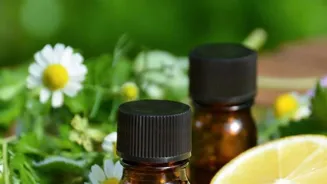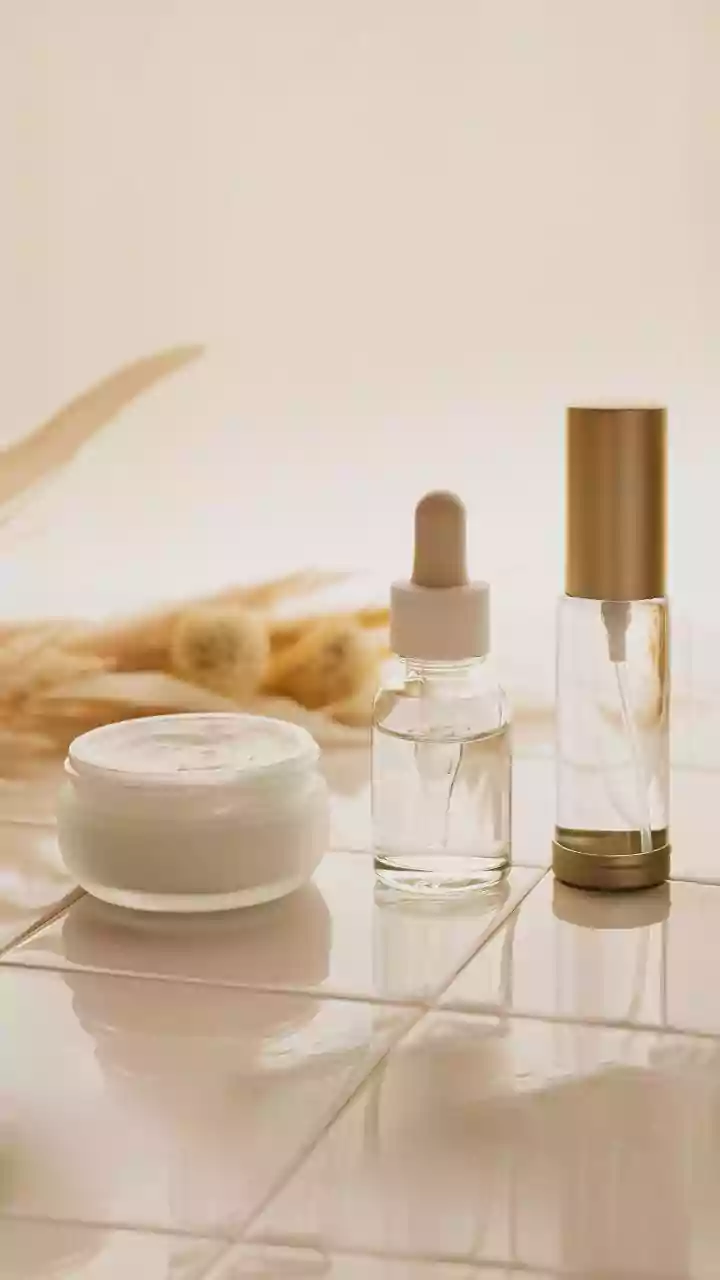Discover the magic of DIY beauty with 6 natural ingredients for glowing skin! Simple, effective, and eco-friendly. Read more!
Glowing Skin is Now Easier Than Ever with These 6 Natural Ingredients!
Return
to natural ingredients for glowing skin; simple, cheap, eco-friendly
In today's world, where the market is flooded with cosmetics promising radiant skin, many are turning back to basics: natural ingredients. Why? Because you know exactly what you're putting on your face! Plus, it's often much cheaper and far more eco-friendly.
You might be surprised to find that a glowing complexion is within reach with just a handful of items from your kitchen cupboard. Forget about fancy chemicals and exorbitant price tags; achieving healthy, beautiful skin can be a simple and satisfying DIY project.
Natural skincare: simplicity in fruits, oils, herbs for skin health
The beauty of natural skincare lies in its simplicity. We're not talking about complicated scientific formulas here. Many fruits, vegetables, oils, and herbs possess inherent properties that can cleanse, nourish, and protect your skin.
Think of it like feeding your body good food; your skin benefits from healthy nourishment too! Using these natural ingredients allows you to customize your skincare routine based on your specific needs and concerns.
It's about understanding what your skin craves and providing it with exactly that, minus the harsh additives often found in commercial products. So, let’s learn about 6 ingredients!
Honey: Skincare superstar for acne and hydration
Honey isn't just a sweetener; it's a skincare superstar! This gooey gold contains antibacterial properties, making it a fantastic remedy for acne and blemishes. It's also a humectant, meaning it draws moisture from the air and locks it into your skin, leaving it hydrated and plump.
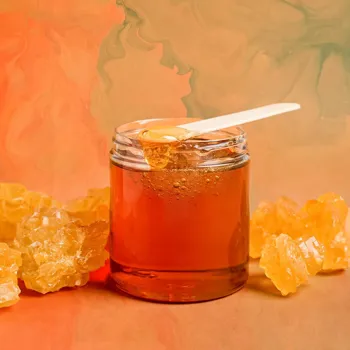
Honey can be used as a gentle cleanser, a spot treatment for pimples, or a moisturizing face mask.
Apply raw honey for glowing skin, mix with turmeric for brighter complexion
Simply apply a thin layer of raw honey to your clean face, leave it on for 15-20 minutes, and then rinse with warm water. Pat your skin dry and enjoy the natural glow! Mixing honey with a pinch of turmeric powder is good, it gives brighter skin.
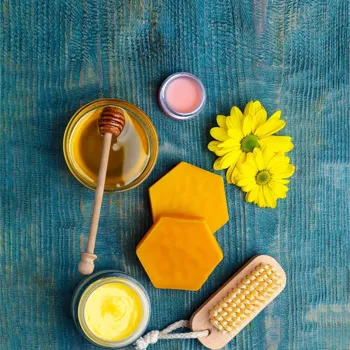
Aloe vera gel benefits all skin types
Aloe vera, the spiky succulent, is a well-known natural remedy for sunburns, but its benefits extend far beyond that. Aloe vera gel is a potent moisturizer and healer, thanks to its high water content and anti-inflammatory properties.
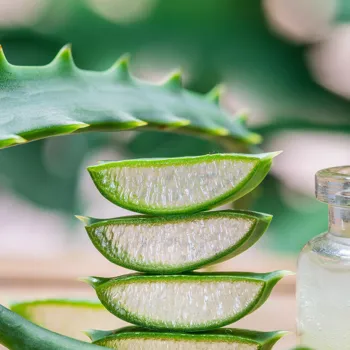
This makes it a great option for all skin types, especially sensitive or irritated skin. It can help to soothe redness, reduce inflammation, and promote cell regeneration. You can use aloe vera gel straight from the plant (if you have one) or buy it from the store.
Aloe vera gel soothes skin; mix with lavender oil for relaxation
Apply a thin layer of pure aloe vera gel to your face or body after cleansing or sun exposure. Let it absorb completely, and feel the soothing coolness. You can also mix aloe vera gel with a few drops of lavender essential oil for a relaxing and aromatherapeutic experience while applying
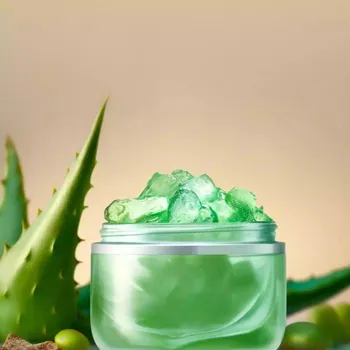
Coconut oil for skincare: versatile but may cause pore blockage
Coconut oil is another staple in the natural skincare world. This tropical oil is known for its emollient properties, meaning it helps to soften and smooth the skin. It's rich in fatty acids, which help to nourish and protect the skin's barrier function.
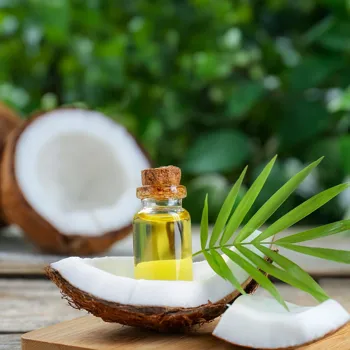
Coconut oil can be used as a makeup remover, a body moisturizer, or a hair mask. However, it's important to note that coconut oil can be comedogenic for some people, meaning it can clog pores. If you have acne-prone skin, it's best to use it sparingly and test it on a small area of your skin first.
Coconut oil removes makeup effectively
Gently massage a small amount of coconut oil onto your dry face, paying attention to areas with makeup. Use a warm, damp cloth to wipe away the oil and makeup. Follow with a gentle cleanser to remove any remaining residue. This works wonders on waterproof mascara!
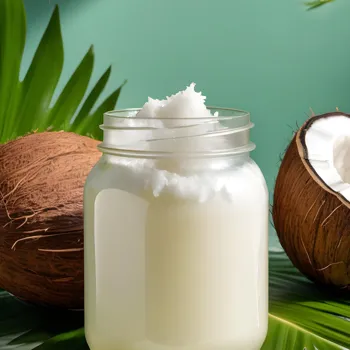
Lemon juice brightens skin but can be irritating and photosensitizing
Lemon juice is a natural source of vitamin C and citric acid. Vitamin C is an antioxidant that can help to brighten the skin and protect it from damage caused by free radicals. Citric acid is a natural exfoliator that can help to remove dead skin cells and reveal smoother, brighter skin.
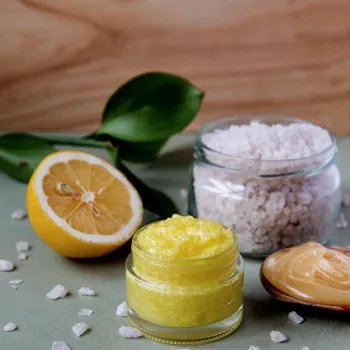
However, it's crucial to use lemon juice with caution, as it can be irritating and photosensitizing (meaning it makes your skin more sensitive to the sun). Always dilute lemon juice with water or another carrier ingredient, and never apply it to broken or irritated skin.
It's also essential to wear sunscreen after using lemon juice on your skin.
Diluted lemon juice lightens dark spots and acne scars
Dilute a small amount of lemon juice with water and apply it to dark spots or acne scars using a cotton swab. Leave it on for a few minutes, then rinse with cool water. Repeat a few times per week, but discontinue use if you experience any irritation.
It is best to do a patch test before using as it can be harmful to skin.
Turmeric: Powerful spice for skin health in Indian cuisine
Turmeric, the vibrant yellow spice, is a staple in Indian cuisine and a powerful ingredient for skin health. Its active compound, curcumin, boasts potent anti-inflammatory and antioxidant properties. This makes turmeric effective in combating acne, reducing redness, and evening out skin tone.
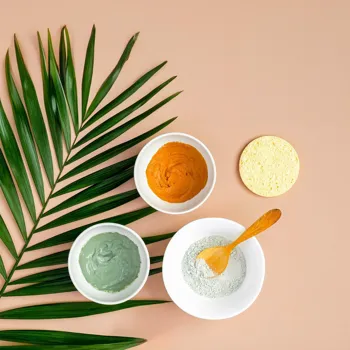
Turmeric also helps to boost collagen production, keeping skin firm and youthful.
Turmeric face mask for glowing skin
Mix 1 teaspoon of turmeric powder with 1 tablespoon of plain yogurt or honey. Apply the paste to your face, avoiding the eye area. Leave it on for 15-20 minutes, then rinse off with warm water. Be careful, as turmeric can stain the skin temporarily.
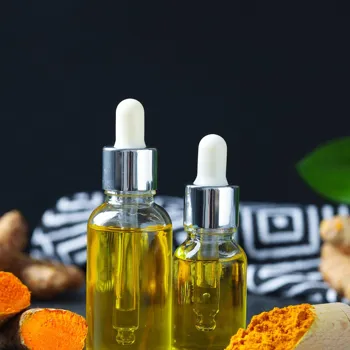
A mix of milk and besan can be used to remove the stain.
Multani mitti: clay for oily skin, unclogs pores, reduces shine
Multani mitti, also known as Fuller's earth, is a type of clay that's highly effective at absorbing excess oil and impurities from the skin. It's a popular ingredient in face masks for oily and acne-prone skin.
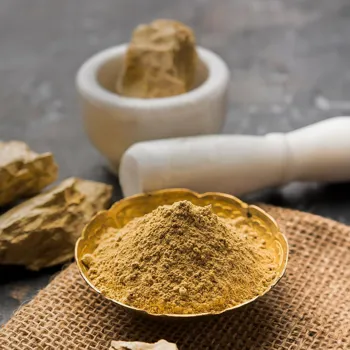
Multani mitti helps to unclog pores, reduce shine, and leave the skin feeling clean and refreshed. It also has a cooling effect, which can be soothing for irritated skin.
Multani mitti face mask for glowing skin
Mix 1 tablespoon of Multani mitti with enough rose water or plain water to form a smooth paste. Apply the paste to your face and neck, avoiding the eye area. Let it dry completely, then rinse with cool water.
You can also add a pinch of turmeric powder or a few drops of lemon juice (if your skin tolerates it) for added benefits.
Exercise caution with DIY skincare, do patch tests for safety
While natural ingredients are generally safe, it's still important to exercise caution when making your own skincare products. Always do a patch test on a small area of your skin before applying any new ingredient to your entire face.
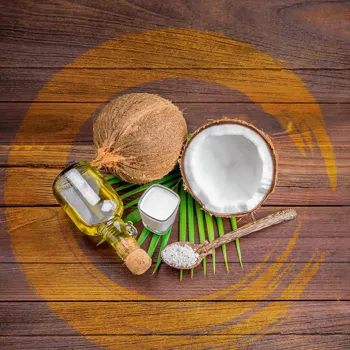
This will help to identify any potential allergies or sensitivities. It's also important to use high-quality, food-grade ingredients whenever possible.
Store DIY skincare in cool, dark place for freshness
Store your DIY skincare products in a cool, dark place and use them within a few weeks, as they don't contain preservatives and can spoil quickly.
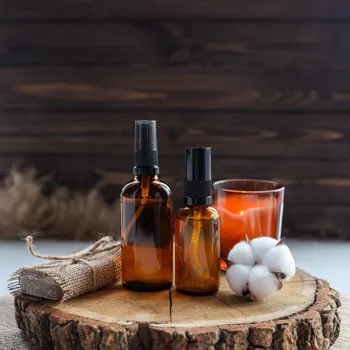
Create own natural skincare routine for healthy, radiant skin
Ultimately, creating your own natural skincare routine is a rewarding experience. It allows you to connect with nature, customize your products to your specific needs, and take control of what you're putting on your skin.
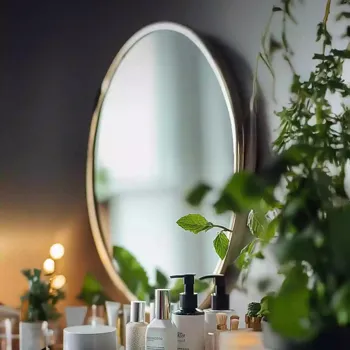
With a little knowledge and experimentation, you can achieve a healthy, radiant complexion using the power of simple, natural ingredients.
AI Generated Content. Glance/InMobi shall have no liability for the content